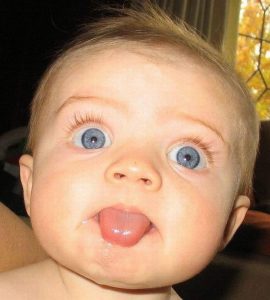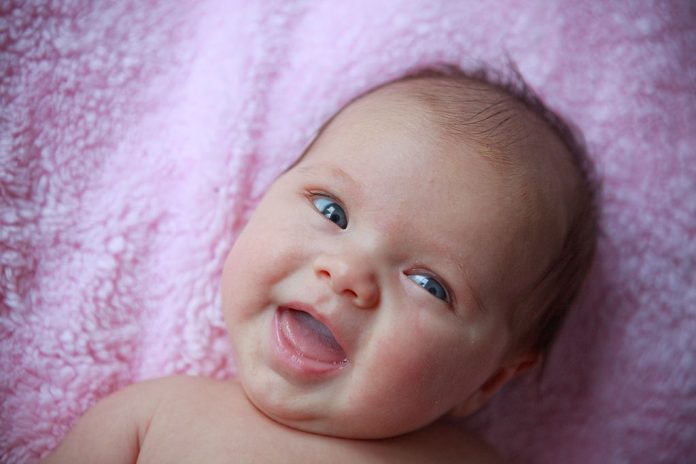Britain’s first three-parent babies may be coming soon – thanks to Newcastle University receiving permission to conduct IVF procedures using the DNA of two women.
A technique developed by Newcastle University researchers means that doctors can substitute an egg’s defective mitochondrial DNA with healthy DNA transplanted from a female donor.
Alternatively, DNA from a fertilised egg could be transplanted into a donated egg which contains healthy mitochondria.
Mitochondria act like batteries, supplying the cells of the growing babies with energy. If the mitochondria do not function properly, it can stop the babies developing normally.
This procedure could stop children being born with conditions such as muscular dystrophy. However, it is also controversial as it would lead to the children carrying the DNA of three people – meaning that, in biological terms, they would have two mothers.
Newcastle University asked for permission from the Human Fertilisation and Embryology Authority (HFEA) to undertake the procedure, known as mitochondrial donation treatment, at the end of last year. The university also started asking healthy women under the age of 35 to consider coming forward to donate their eggs.
Today the HFEA confirmed that Newcastle had been granted permission to carry out its first procedure. This implies that there must be at least one woman who is ready to undergo it.
 If the treatment begins immediately and is successful, the UK’s first three-parent baby could be born around Christmastime 2017.
If the treatment begins immediately and is successful, the UK’s first three-parent baby could be born around Christmastime 2017.
Scientists believe mitochondrial donation treatment could help around 150 women in Britain each year. Dozens of women have, apparently, already expressed an interest in undergoing the procedure.
The director of the Wellcome Centre for Mitochondrial Research at Newcastle University, professor Doug Turnbull, said, “I am delighted for patients as this will allow women with mitochondria DNA mutations the opportunity for more reproductive choice.”
“Mitochondria diseases can be devastating for families affected and this is a momentous day for patients who have tirelessly campaigned for this decision.”
The UK was the first county in the world to legalise mitochondrial donation treatment. The law was changed in 2015 to allow it on a case-by-case basis with the permission of the HFEA.
The world’s first baby created using mitochondrial replacement, however, has already been born in Mexico, where there have never been any laws banning the practice.
The HFEA’s decision has not pleased everyone, however. A spokesperson for the anti-abortion charity Life said,
“We had hoped that the HFEA would have listened to the thousands of people who have expressed concern about three-parent embryos.”
“Instead it has approved a procedure that will alter the human genome. It is at the very least reckless and irresponsible given that we have no idea what the long-term consequences are.”
“Whilst we are deeply sympathetic to the plight of people with mitochondrial diseases, the ends do not always justify the means.”
HFEA chair, Sally Cheshire, said,
“Patients will now be able to apply individually to the HFEA to undergo mitochondrial donation treatment at Newcastle, which will be life-changing for them as they seek to avoid passing on serious genetic diseases to future generations.”




















